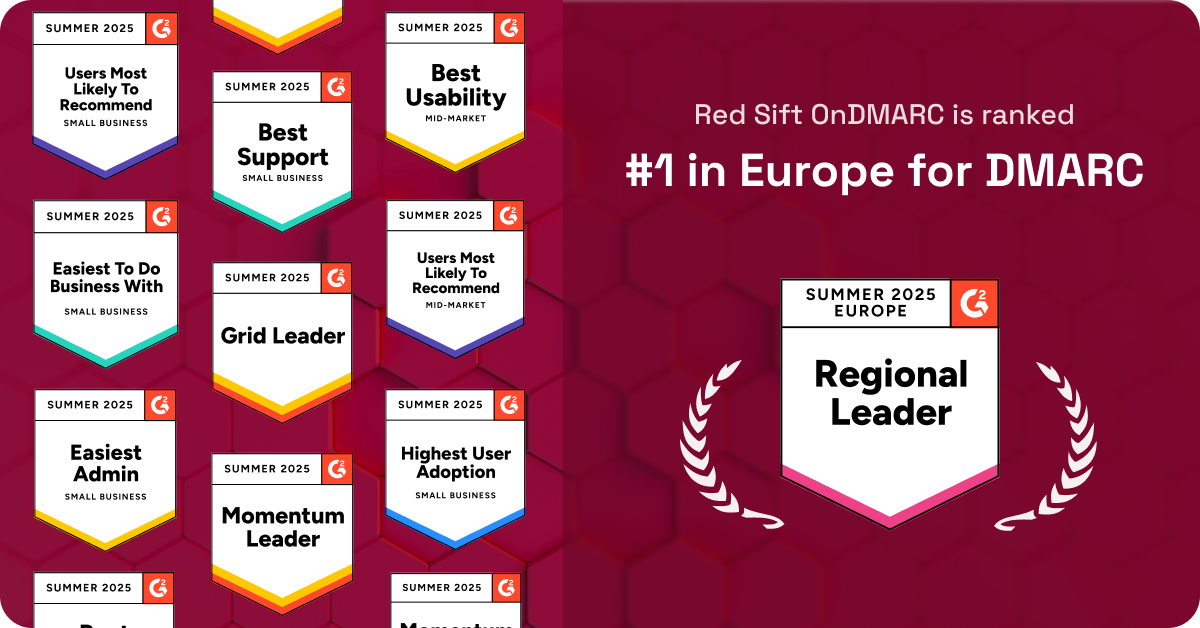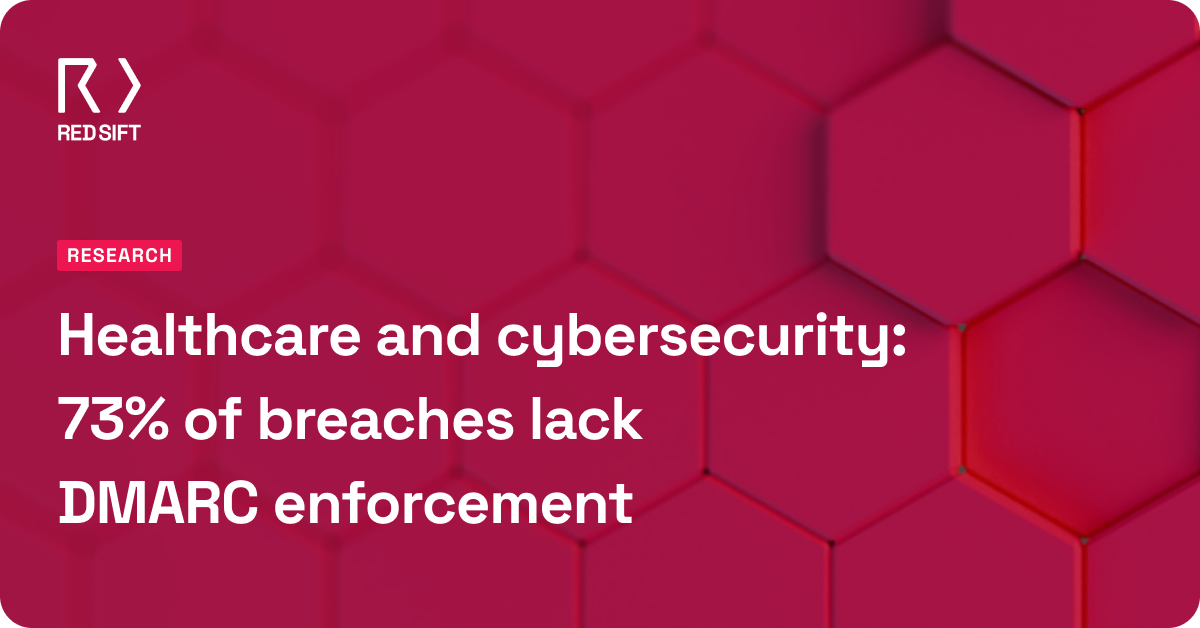At first glance, putting a Royal Marine into a technology startup that focuses on democratizing cyber security is a radical idea. I certainly thought so. The Percy Hobart Fellowship was designed to test this idea and enable an unconventional and innovative learning experience for service personnel. Named after the engineer responsible for ‘Hobart’s Funnies’ in WWII, the Percy Hobart Fellowship is a bespoke 12 week course to give immersive, hands-on experience in innovation and technology to Royal Navy personnel.
Core to the program is a three-month placement with a tech startup, complemented by taught course material in business and finance, mentoring, and workshops. It is all superbly managed and delivered by the PUBLIC program team. Each fellow was assigned to a different fast-growing tech startup and I was lucky enough to be placed with Red Sift.
Delighted and nervous, I dialled in for a chat with Nadim Lahoud, the VP for Growth, at the end of June to confirm what I would be up to for the next three months. I was thrilled to find out that I would have scope to investigate a new project as well as be involved in other areas of the business. This work, and the access I have been granted, have been fundamental to my development over the last three months and I am immensely grateful to the team at Red Sift for taking the time, often individually, to boost my understanding of life in a startup.
I was involved in such things as competitor analysis, marketing, and pricing strategy for products in Red Sift’s armory. This was a strange new world for me, but I felt well equipped from my time in the military to add value and bring a different viewpoint. Under the tutelage of Nadim, I have learned firsthand some of what makes a technology startup successful.
The project I was given focused on applying InGRAIN to monitor the complex and integrated systems of a Royal Navy Ship. Working closely with Peter Parkanyi, the lead security architect of InGRAIN, we assessed the viability of applying it to a Royal Navy Ship. This also required engagement with Programme NELSON, the Royal Navy’s digital, data and AI transformation group. InGRAIN monitors complex cloud workloads and alerts on new, as well as known, threats.
I have some experience with cybersecurity but my mind was working overtime in trying to understand new concepts, such as eBPF and containerization. With Peter’s guidance, we were able to pull together the draft outline of a business proposal for the use of ingraind in new infrastructure being placed on Royal Navy Shipping in the future. The project was a really exciting endeavor that has the potential to add real operational value to the Royal Navy and I hope that the work continues.

I have heard it said that a startup embodies the philosophy of the founders and this is evident at Red Sift. The passion for innovation and fast development of user-centric products is intoxicating, but I was equally intrigued by the dedication to governance that is woven in to the fabric of the company. This fusion, and resultant organizational culture, could and should be adapted to many areas of the military.
There are a wide variety of initiatives that are driving the cultural change required in the Ministry of Defence. However, there does not seem to be the same drive to upskill service personnel to develop and utilize new technology. The growth mindset in Red Sift is one where failing fast is encouraged, challenging conventional thought is the norm and risk is seen as opportunity. The military can learn from this and should work on providing learning experiences for service personnel that develops that mindset. We need new ideas, we need to be able to trial them and we need to be able to scale them. We cannot emulate startups like Red Sift, but we can learn from them.
I think there is little surprise that the military can learn a lot from private sector technology, but it’s worth noting that service personnel can add reciprocal value. The Commando mindset of ‘be the first to understand; the first to adapt and respond; and the first to overcome’ is largely representative of life in a technology startup. This radical idea then, to mix military with private sector tech, may not be so radical after all. Working at Red Sift has been a truly formative experience for me.
Maybe it is exactly what the Armed Forces needs: the ability to learn from modern day sources of innovation and technological integration while upskilling its workforce and providing a service to startups for the privilege.
A consistent dialogue between tech startups and the military, with regular work placements, would benefit all. Should all Royal Marines spend time in a tech startup? No, but opportunities should be created for more to do exactly that. A skeptic at first, I am now an advocate for this radical idea.
Red Sift are always keen to provide placements to those that show an interest in the cybersecurity industry, get in touch below if you have further questions.





